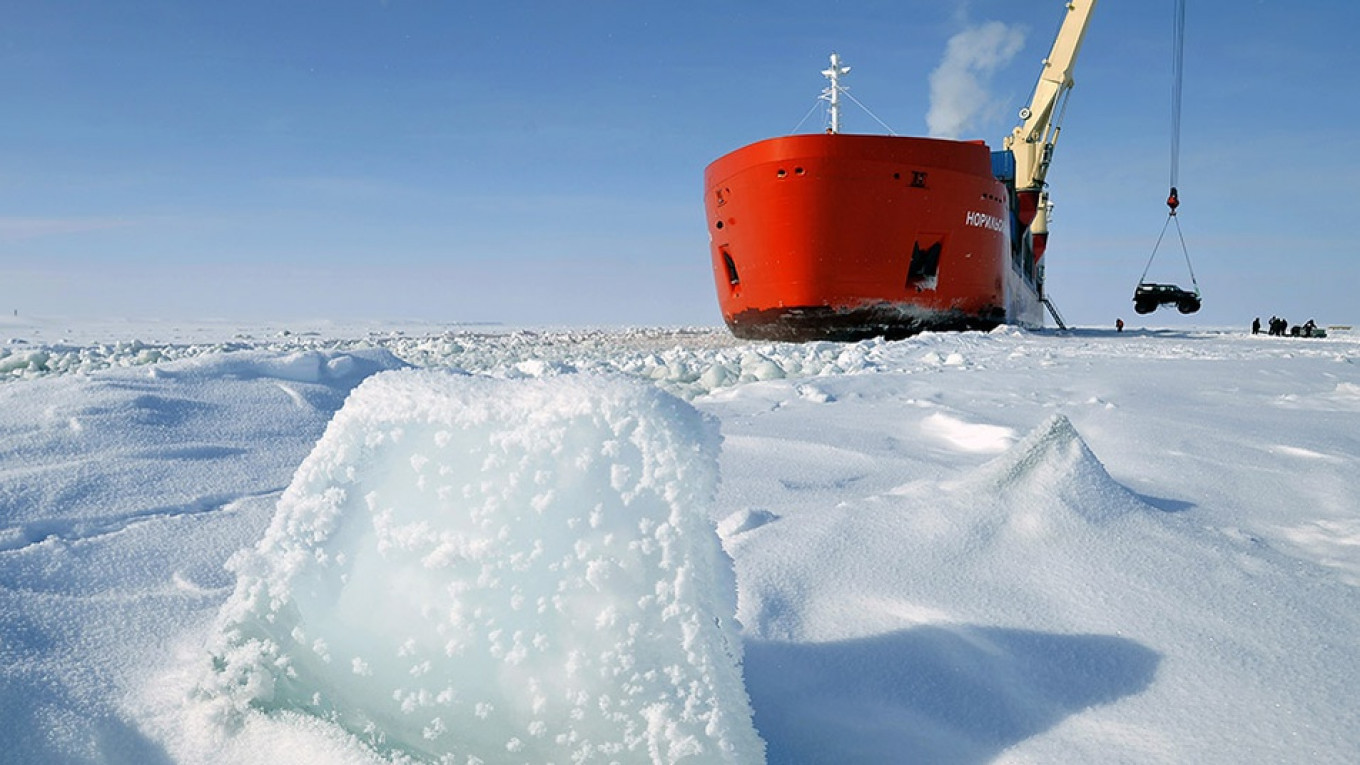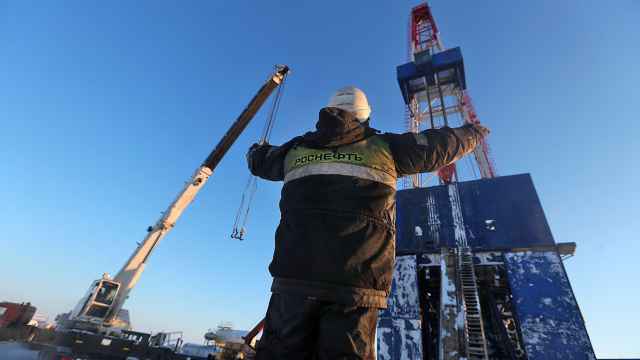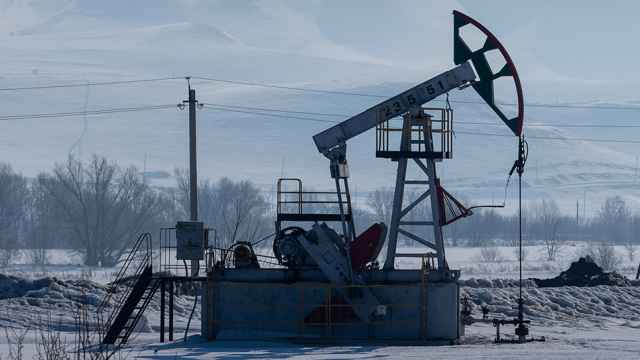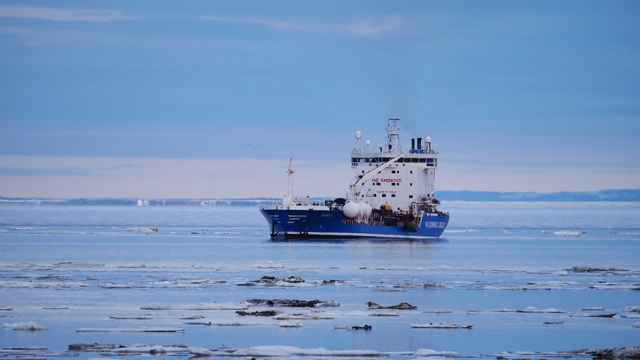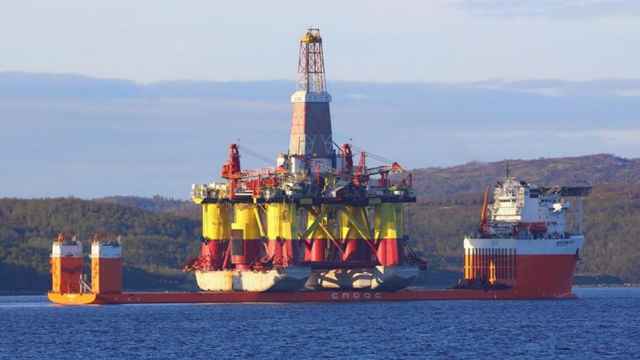Russia's Finance Ministry is insisting that the recent moratorium on oil and gas extraction support includes the Arctic region, while Russia's largest crude oil producer Rosneft pushes through support for its Arctic project Vostok Oil, according to Kommersant daily citing the report sent by the ministry to President Vladimir Putin on Aug. 20.
Previous reports have claimed that the head of Rosneft Igor "Oil Tsar" Sechin has already requested that Putin support the creation of an Arctic hydrocarbon extraction cluster, estimating the required support for Arctic development at $41 billion.
Reportedly, the Finance Ministry proposes to suspend all support, including for the Arctic, until full inventorization of all projects applying for funding. The ban on new funding signed by Putin in July will be in effect until 2020.
Rosneft argues that developing its Arctic cluster would help load the Northern Sea Route, that has to reach 80 million tons turnover by 2024. The Vedomosti business daily previously reported that Vostok Oil could gain 2.6 trillion rubls ($39 billion) in tax cuts over 30 years.
Sechin's Rosneft has another interest in Arctic sea transportation, as it controls Russia's largest icebreaker shipyard Zvezda.
Sechin also reportedly complained to Putin that Vostok Oil could have to push deadlines and face risks over attracting foreign investors, possibly British Petroleum and Indian oil and gas majors. Sources close to the Finance Ministry told Kommersant that Vostok Oil already benefits from tax cuts and has yet to provide a financial case for its demands.
Apart from Vostok Oil, Rosneft has requested 460 billion rubles ($7.3 billion) worth of tax exemptions for its Priobsky field, as a form of compensation for a 22 million ton decline in output since 2017 due to the Opec+ agreement, Kommersant reported on July 25.
Earlier this year, Putin excluded Rosneft's Priobsky field from the tax break moratorium he imposed on the oil sector.
This article first appeared in bne IntelliNews.
A Message from The Moscow Times:
Dear readers,
We are facing unprecedented challenges. Russia's Prosecutor General's Office has designated The Moscow Times as an "undesirable" organization, criminalizing our work and putting our staff at risk of prosecution. This follows our earlier unjust labeling as a "foreign agent."
These actions are direct attempts to silence independent journalism in Russia. The authorities claim our work "discredits the decisions of the Russian leadership." We see things differently: we strive to provide accurate, unbiased reporting on Russia.
We, the journalists of The Moscow Times, refuse to be silenced. But to continue our work, we need your help.
Your support, no matter how small, makes a world of difference. If you can, please support us monthly starting from just $2. It's quick to set up, and every contribution makes a significant impact.
By supporting The Moscow Times, you're defending open, independent journalism in the face of repression. Thank you for standing with us.
Remind me later.


